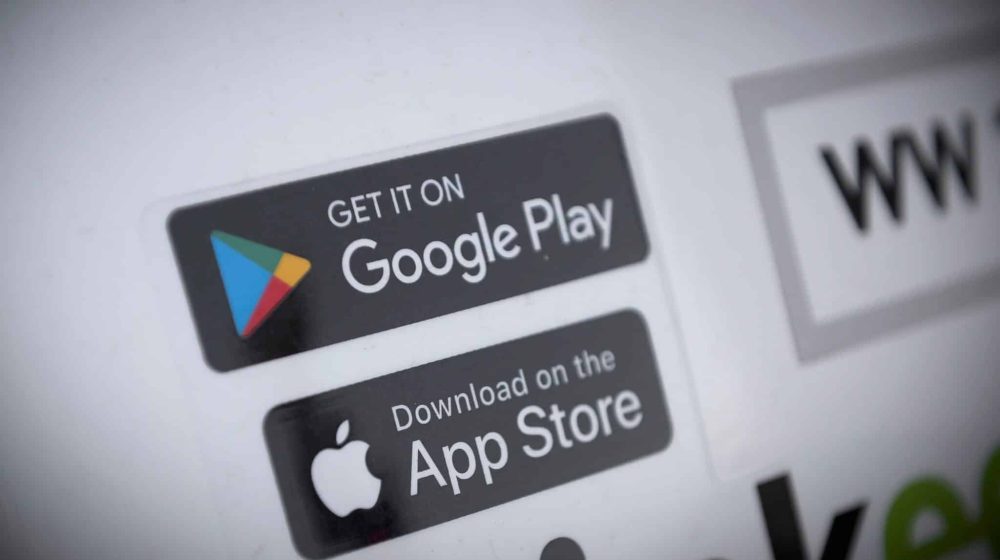Under the compelling influence of the EU’s Digital Markets Act, Apple has unveiled a series of significant alterations set to reshape the landscape of iOS, the App Store, and the functionality of browsers within the platform. These transformative changes will be implemented in the European Union as part of the forthcoming iOS 17.4 update, scheduled for a March release.
More Browser Options
One pivotal shift centers around web browsing. Presently, iOS users can designate a default browser that diverges from Safari, although such browsers are mandated to utilize Safari’s WebKit rendering engine. This limitation is being eliminated as well, as iOS will permit any browser to employ its preferred rendering engine, granting developers greater flexibility and freedom.
Furthermore, as iOS 17.4 becomes accessible to iPhone owners across the EU, Safari is due for a massive change as well. Users will have the option to select between browsers other than Safari upon boot, a pivotal change designed to empower users with a choice in their browsing experience.
Alternative App Stores
But the biggest change is Apple’s decision to permit alternative app stores within the iOS ecosystem, marking a significant departure from its previous stance. However, the company, citing concerns about potential risks to its users, has laid out a stringent “baseline review” process that will be applied universally to all apps, irrespective of their distribution channel.
This review process will encompass a combination of automated checks and human evaluations, culminating in concise app descriptions and functionality insights, which will be prominently displayed to users before download.
Furthermore, NFC capabilities on iPhones will be unlocked within the EU region. This will enable alternative wallet and banking applications to leverage tap-to-pay functionality and establish themselves as the preferred method for mobile payments.
The App Store is set to undergo additional transformative enhancements, with novel options for integrating payment service providers directly within a developer’s app. Additionally, developers will gain the ability to facilitate payments via external links, enabling users to complete transactions for digital goods and services on the developer’s external website, introducing a new dimension of flexibility within the iOS ecosystem.
Revised Commission
Going forward, app developers within the EU will be subject to a revised commission scheme. For the majority of developers and subscriptions beyond their inaugural year, a 10% commission rate will apply. However, for transactions related to digital goods and services, a slightly higher rate of 17% will be levied.
In addition to these commission adjustments, iOS apps that opt to utilize the App Store’s payment processing services will incur a 3% payment processing fee. This fee will apply to those apps that choose to remain within the existing payment framework provided by the App Store.
Furthermore, a notable element of this fee restructuring involves the introduction of a “Core Technology Fee.” iOS apps that are either distributed through the App Store or an alternative app marketplace will be required to pay a fee of €0.50 for each initial annual installation once the threshold of 1 million installations is surpassed.























